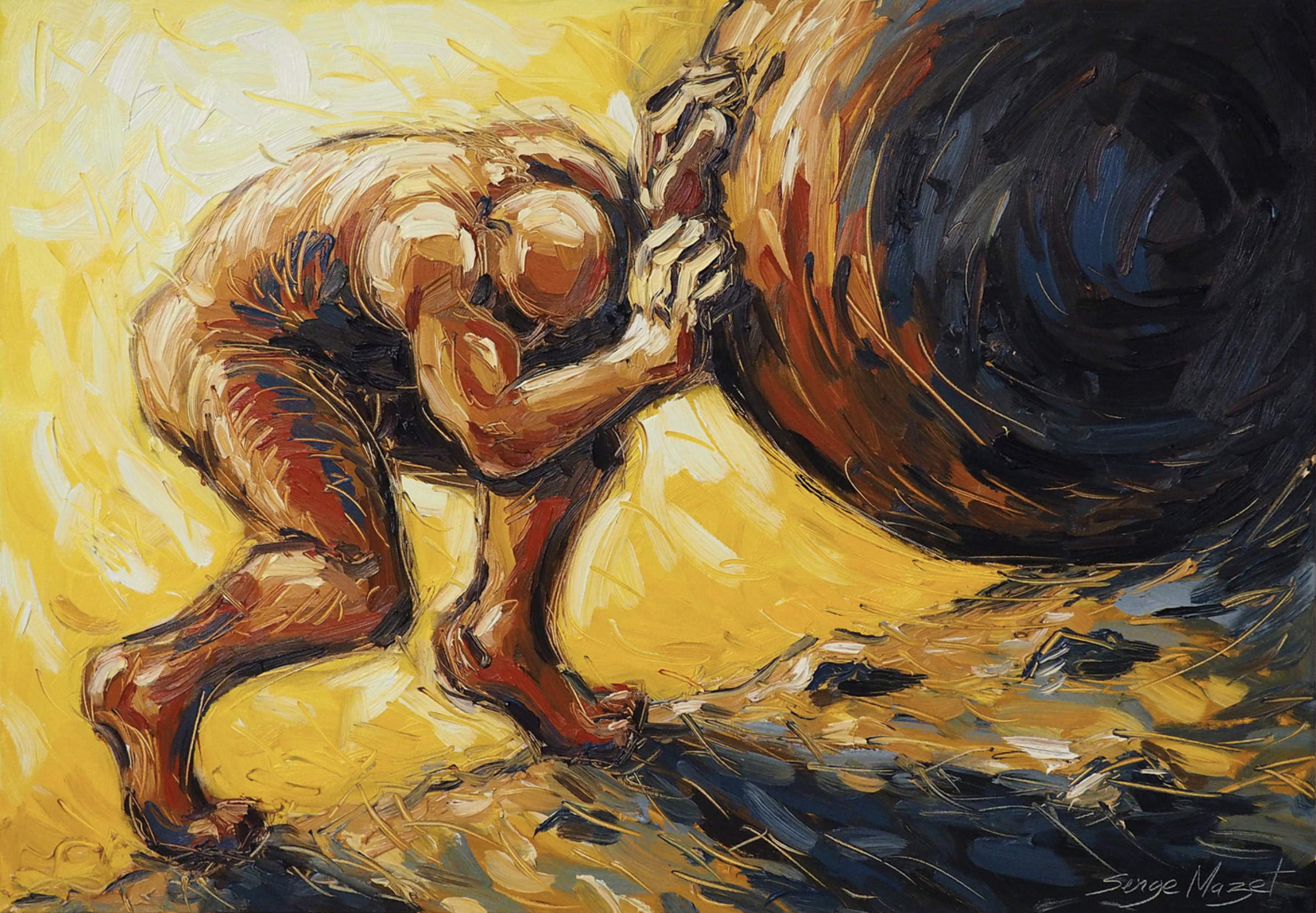Aristotle assumes you have a function—an essence—that is intricately linked to your purpose in life. For Aristotle, what’s distinctive about human beings is that we are rational animals, capable of developing virtues, which can lead us to flourishing intellectual and social lives.
Existentialist philosophers take a different approach. They do not think there is a set function for human beings; rather, what makes human beings distinctive is that we create our own meaning through our actions and choices. In this class period, we’ll consider how existentialists frame the central questions of God and the Good Life.
Read This:
Choose Your Meaning: Jean-Paul Sartre and James Baldwin
Key Concepts:
- “Existence precedes essence”
- “Condemned to be free”
- Authenticity vs. bad faith
Have questions or thoughts about the reading? Post them on PollEverywhere, and upvote any classmates’ responses that you’d like to cover in class. We’ll address the most upvoted responses during the Q&A part of class.
Do This:
- Complete Map to the Good Life Activity #4 before your next dialogue group meeting.
- If you would like to apply for the GGL Fellows Program, the application is due March 28. (Decisions will be released by April 17.)
Pre-Class Questions
Your responses to the following questions are due on Canvas before class. Your top 15 scores of the semester will count toward your final grade.
- In your own words, explain one significant difference between existentialism and Aristotle’s philosophy.
- Give an example from your own life of a decision you’ve made that felt truly authentic to you. Describe what role, if any, you think this decision played in defining who you are.
Map to the Good Life
This prompt will be one of your options to address in Activity #5 of Map to the Good Life, which will be due on April 17.
For this reflection, you’ll live a “day of existentialism”. In the morning (or the night before), make a note of any expected opportunities in the day ahead to make choices that reflect your authentic self, along with any anticipated obstacles to making authentic choices, such as any sources of temptation to just go along with routine or with social expectations. Then, as consistently as possible throughout the day, consciously make choices that reflect your authentic self. When the day is over, write a reflection that addresses the following questions:
- How did the choices you made today reflect your authentic self? Give at least one specific example.
- What was the biggest challenge you faced to making authentic choices? How did you navigate this challenge?
- How did it feel living as an existentialist? For example: Did you experience a greater sense of responsibility for your conduct? Was this empowering? Anxiety-provoking? A little of both?
- Based on your experience, what conclusions can you draw about the pros and cons of existentialism?























